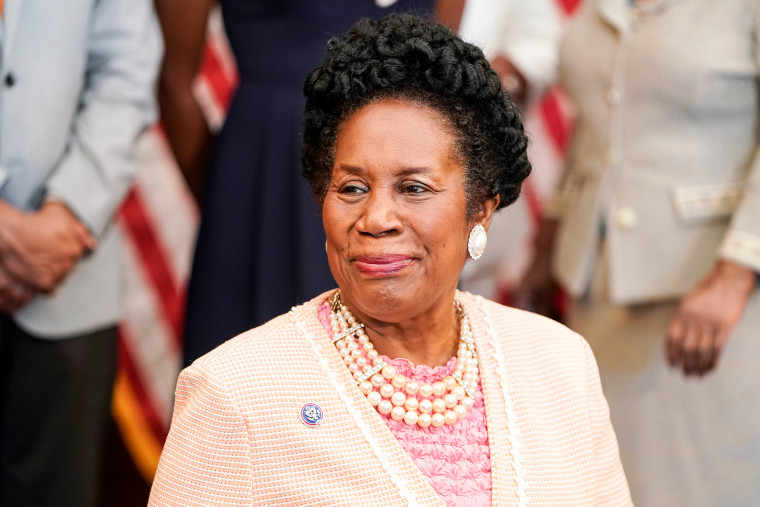Jersey City has advanced in the national ranking of American cities’ parks, according to the Trust for Public Land. The city has climbed five spots to 40th place, largely due to heightened investment. In 2024, Jersey City’s park spending reached $91 per resident, a significant increase from the previous year’s $56.
Continuing its trend from previous years, the city has maintained high marks for park access, with ninety-eight percent of residents living within a 10-minute walk of a park. However, Jersey City’s ParkScore ranking was impacted by its median park size of 0.6 acres, falling below the national ParkScore average of 5.4 acres.
The annual ParkScore® index evaluates park systems in the 100 most populous U.S. cities based on five factors:
Park access: Percentage of residents living within a 10-minute walk of a park.
Park equity: Per capita park space and access in communities of color vs. white communities and in low-income vs. high-income neighborhoods.
Park acreage: Median park size and percentage of city area dedicated to parks.
Park investment: Park spending per resident.
Park amenities: Availability of popular park features.
While Jersey City increased spending, it still trails behind the average U.S. city, where spending per resident rose to $124, up from last year’s $108. Across the river, New York ranked 12th in the nation for its park system, while Newark dropped to 63rd place. Washington, DC retained the top spot in the ParkScore rankings.
The preservation and expansion of green space have sparked debate in Jersey City, particularly regarding efforts to build a sports complex in Liberty State Park. The plan, supported by local officials and sports figures, faces opposition from groups like Friends of Liberty State Park and some public officials.
Research by the Trust for Public Land highlights the social benefits of high-ranking park systems. Residents in cities with top ParkScore rankings are more socially connected and engaged with their neighbors, fostering volunteerism, cross-socioeconomic friendships, and overall community well-being.
“Park leaders are stepping up to promote community connection and address the national epidemic of loneliness and social isolation,” says Diane Regas, President and CEO of Trust for Public Land.










